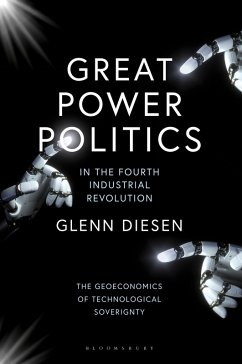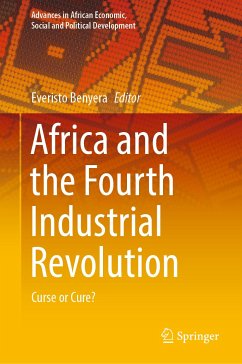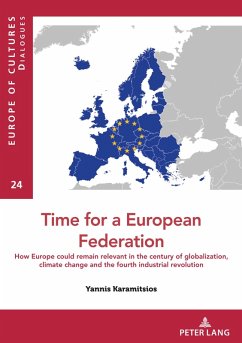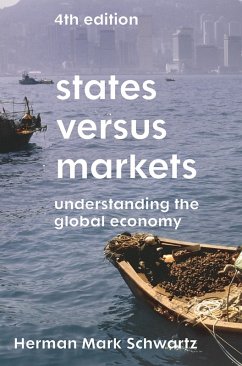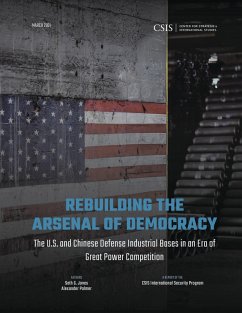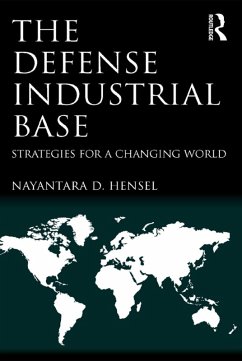
Great Power Politics in the Fourth Industrial Revolution (eBook, PDF)
The Geoeconomics of Technological Sovereignty
Versandkostenfrei!
Sofort per Download lieferbar
25,95 €
inkl. MwSt.
Weitere Ausgaben:

PAYBACK Punkte
13 °P sammeln!
Why and how will the fourth industrial revolution impact great power politics? Here, Glenn Diesen utilizes a neoclassical approach to great power politics to assess how far the development of AI, national and localized technological ecosystems and cyber-warfare will affect great power politics in the next century. The reliance of modern economies on technological advances, Diesen argues, also compels states to intervene radically in economics and the lives of citizens, as automation radically alters the economies of tomorrow. A groundbreaking attempt to contextualize the fourth industrial revo...
Why and how will the fourth industrial revolution impact great power politics? Here, Glenn Diesen utilizes a neoclassical approach to great power politics to assess how far the development of AI, national and localized technological ecosystems and cyber-warfare will affect great power politics in the next century. The reliance of modern economies on technological advances, Diesen argues, also compels states to intervene radically in economics and the lives of citizens, as automation radically alters the economies of tomorrow. A groundbreaking attempt to contextualize the fourth industrial revolution, and analyse its effects on politics and international relations.




